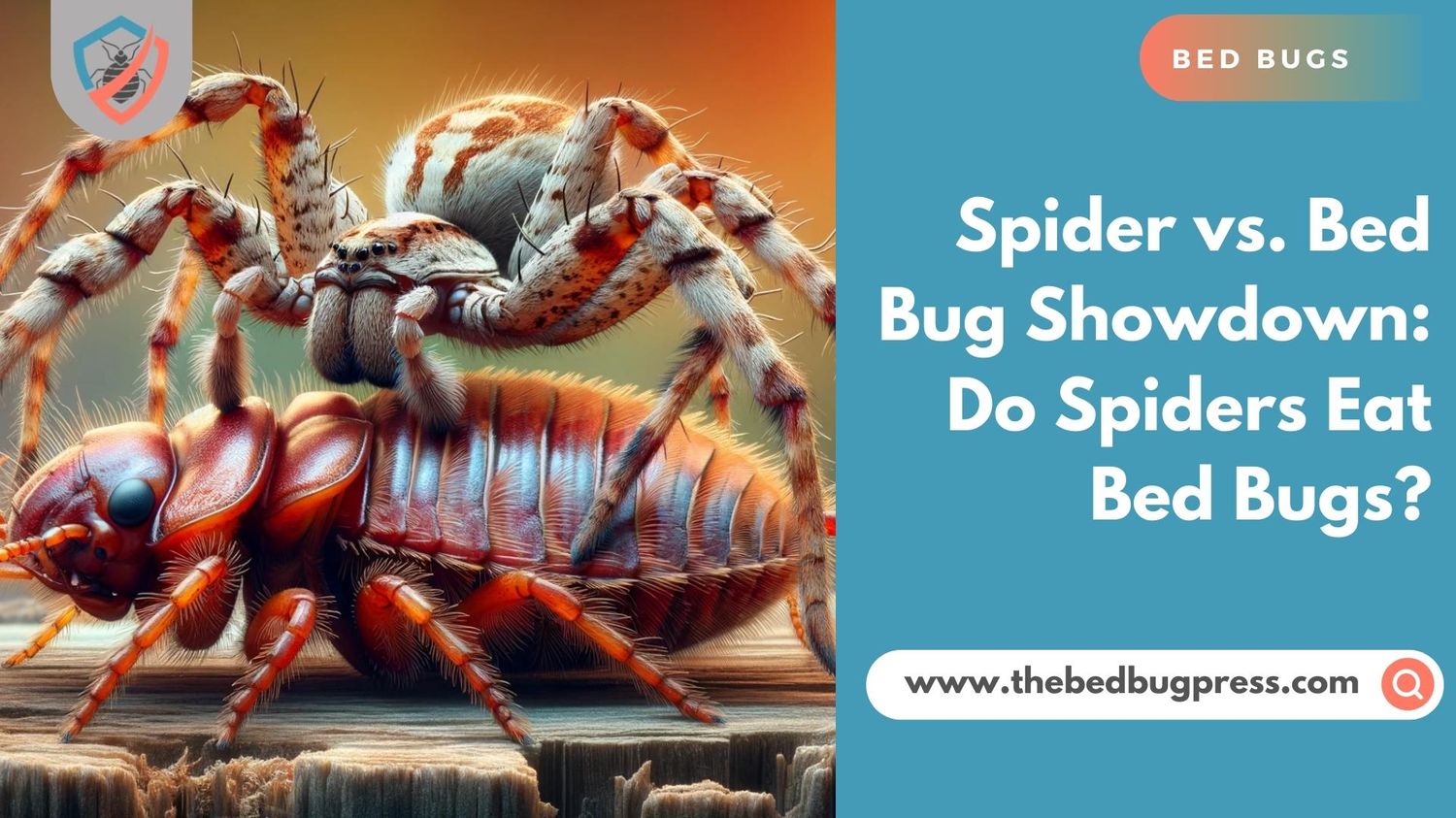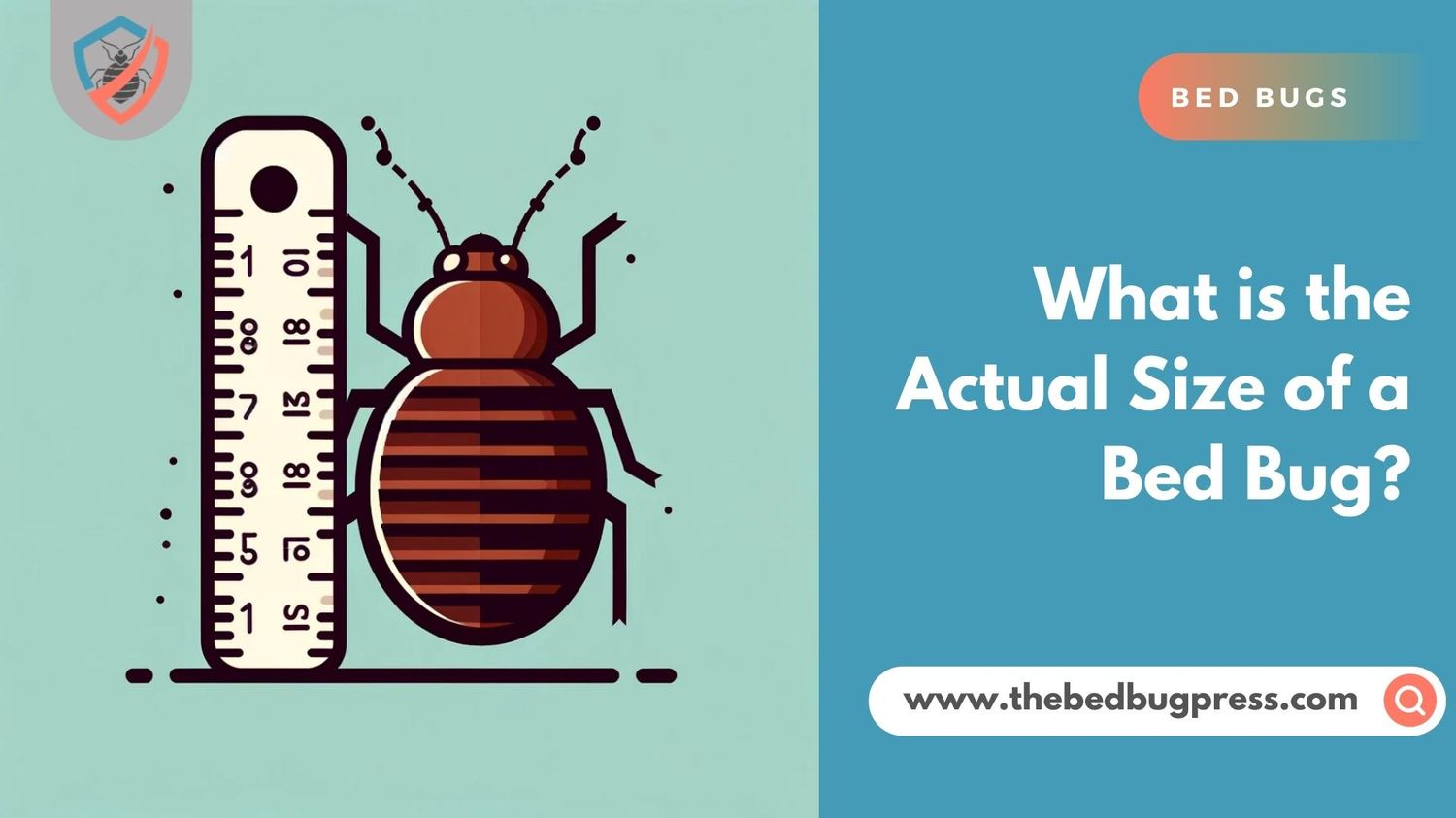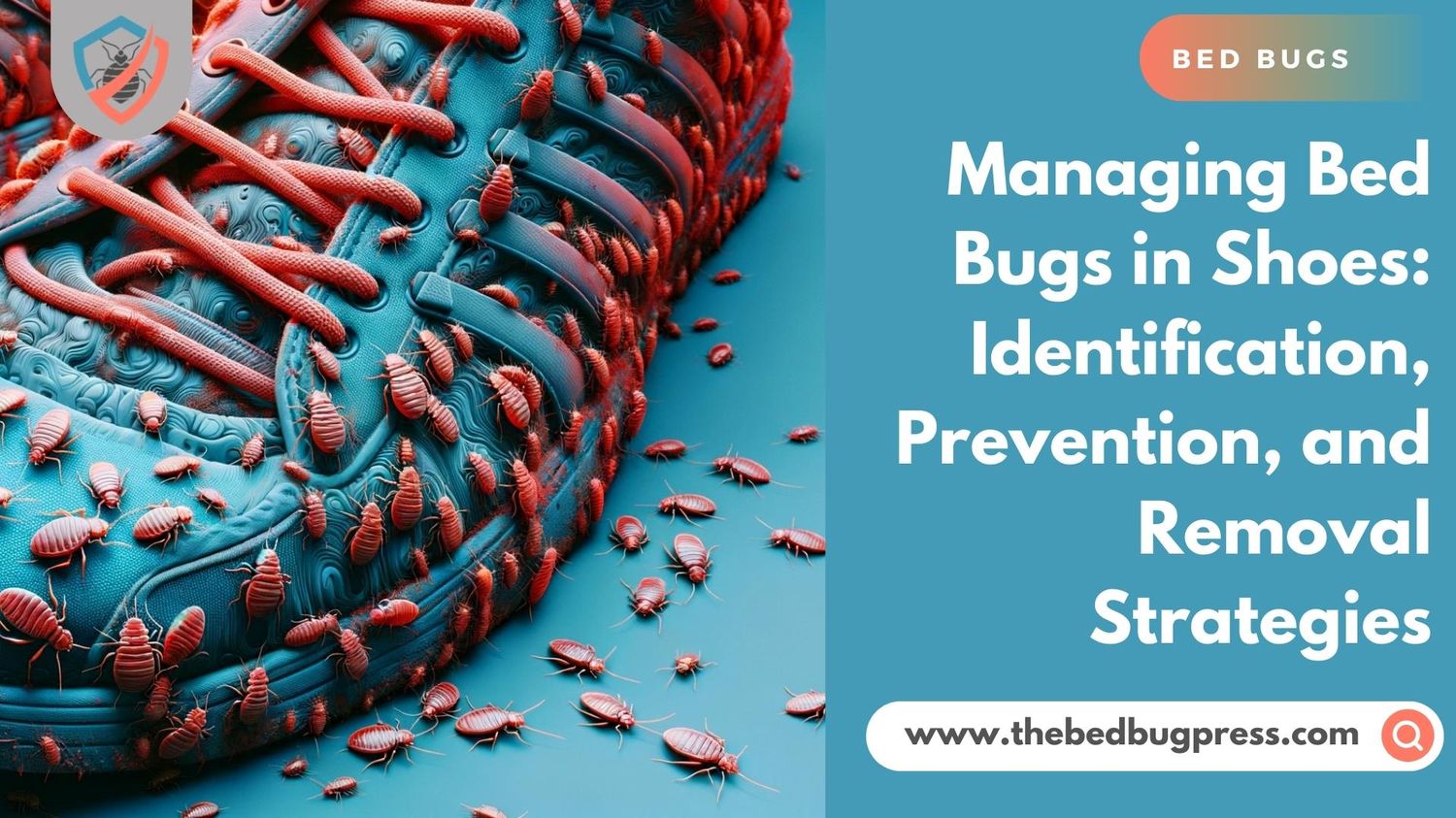In the realm of pest control, certain spider species have developed unique techniques to capture their prey, including bed bugs and cockroaches. While not all house spiders possess the necessary size and strength, some species found in Niagara are capable of tackling these common household pests.
But to answer the question, do spiders eat bed bugs? The short answer is yes! That being said, it is not an effective way of controlling a bed bug infestation.
This natural ecosystem of predator and prey helps maintain a balanced environment and reduces the reliance on chemical pest control methods. However, in cases of large-scale bed bug infestations, professional pest control experts provide effective solutions.
Key Takeaways
- Some spider species, such as running spiders, wolf spiders, and jumping spiders, are capable of catching and eating bed bugs.
- Spiders can help control pest populations by slowly devouring pests like bed bugs and cockroaches.
- Spider predation is not effective for large-scale bed bug infestations, and calling professional pest control experts is the most effective solution.
- Truly Nolen Pest Control and Truly Nolen Canada are trusted residential pest control providers that can effectively remove bed bugs, cockroaches, and spider infestations.
Do House Spiders Eat Bed Bugs
While house spiders are carnivorous and have the potential to eat bed bugs, relying on them as the primary method of bed bug control is not effective. This is due to the small size of most house spiders, which limits their ability to catch and consume bed bugs.
Additionally, bed bug infestations can spread quickly and outnumber spiders, making professional intervention the most reliable solution for bed bug elimination.
Why Relying on House Spiders Isn’t Effective for Bed Bug Control
House spiders occasionally consume bed bugs but relying on them for effective bed bug control is not recommended due to their limited predatory behavior. While house spiders may eat bed bugs if they come across them, they are not specialized bed bug hunters. Their diet mainly consists of smaller insects like flies and mosquitoes.
Spiders may not always come into contact with bed bugs, and their feeding habits can be sporadic. Additionally, bed bugs are skilled at hiding in cracks, crevices, and bedding, making them less accessible to spiders.
Spiders alone cannot effectively control a significant bed bug infestation as their numbers are unlikely to keep up with the rate of bed bug reproduction. Therefore, relying solely on house spiders for bed bug control is not a reliable or efficient solution.
Do Wolf Spiders Eat Bed Bugs
Wolf spiders are known to be opportunistic predators and may occasionally consume bed bugs if they come into contact with them.
However, relying solely on wolf spiders as a primary method of bed bug control is not a practical or effective strategy.
In order to effectively eliminate bed bug infestations, it is important to seek professional intervention and utilize comprehensive pest control methods.
Why Relying on Wolf Spiders Isn’t an Effective Bed Bug Control Strategy
Unsurprisingly, relying solely on wolf spiders as a bed bug control strategy is not an effective approach. While wolf spiders are known to eat bed bugs, there are several reasons why they cannot effectively control bed bug infestations.
- Limited Diet: Wolf spiders have a diverse diet, but they do not specifically target bed bugs. They are more likely to prey on insects that are readily available and within their hunting range.
- Habitat Differences: Bed bugs typically hide in cracks, crevices, and bedding, where wolf spiders are less likely to encounter them. Bed bugs are nocturnal and tend to avoid light, making them even more challenging for wolf spiders to locate.
- Population Control: Wolf spiders are solitary creatures with low population density. They cannot effectively control large bed bug infestations.
To effectively eliminate bed bugs, it is best to rely on professional pest control services that use targeted treatments and techniques.
Do Spiders Eat Bed Bugs Off Of People
When it comes to the question of whether spiders eat bed bugs off of people, it is highly unlikely. Spiders typically do not actively seek out or consume blood, which is the primary sustenance for bed bugs. Additionally, bed bugs tend to feed on exposed areas of the skin while people are asleep, making it even less likely for spiders to encounter and consume them in this manner.
Here are a few reasons why spiders are unlikely to eat bed bugs off of people
Although spiders are natural predators of various insects, including some that may be considered pests, they are unlikely to eat bed bugs off of people due to their feeding behavior and the nocturnal habits of both spiders and bed bugs.
- Spiders typically immobilize their prey with silk before consuming them, which is not an effective method for bed bugs that feed on blood.
- Bed bugs are most active at night when people are asleep, but spiders are also primarily nocturnal hunters. The movement of people during sleep would make it difficult for spiders to feed on bed bugs on a person’s body.
- Bed bugs are relatively small and tend to hide in bedding and cracks when they are not actively feeding, making them less accessible to spiders.
Therefore, relying on spiders to eat bed bugs off of people is not a reliable method of bed bug control. It is best to seek professional pest control and implement preventive measures to address bed bug infestations effectively.
Is there a natural predator for bed bugs
Naturally, bed bugs do have some predators, although their presence alone is not sufficient to effectively control bed bug populations in human environments. Some spider species may occasionally feed on bed bugs if they encounter them. However, spiders are unlikely to be a significant factor in controlling bed bug populations due to the hiding habits of bed bugs and the limited opportunity for spiders to encounter them.
Certain insects like cockroaches and ants may prey on bed bug nymphs, but their impact on bed bug populations is generally minimal. Some species of assassin bugs, particularly the masked hunter bug, are known to be natural predators of bed bugs. Birds, bats, and parasitic wasps have also been observed to consume or parasitize bed bugs to some extent. However, these natural predators are not reliable or practical solutions for controlling bed bug infestations in human environments.
Effective bed bug control typically requires professional pest management methods.
What is the main cause of bed bugs
Bed bugs are primarily caused by human activity, as they have adapted to living in close proximity to people and rely on human blood for sustenance. The main cause of bed bugs can be attributed to several factors related to human behavior and environmental conditions:
- Travel and Movement: Bed bugs can easily hitch a ride on luggage, clothing, or personal belongings, allowing them to spread to new locations.
- Used Furniture and Items: Secondhand furniture, especially mattresses and upholstered items, can introduce bed bugs if they were previously infested.
- Shared Living Spaces: High-density living situations, such as apartments and hotels, facilitate the spread of bed bugs between units.
These factors contribute to the rapid spread of bed bugs and make them a persistent problem in many areas.
It is essential to be aware of these causes and take proactive measures to prevent and control infestations.
Frequently Asked Questions
Do House Spiders Eat Bed Bugs?
House spiders vary in size and capability. While some larger species like wolf spiders and jumping spiders can hunt bed bugs and consume bed bugs, not all house spiders are equipped to do so. Professional pest control services are more effective for eliminating bed bug infestations.
Is There a Natural Predator for Bed Bugs?
Yes, some natural predators kill bed bugs. Bed bug predators include some spider species, such as birds and bats, but not enough to control bedbug populations. However, professional intervention is necessary for the effective elimination of a bed bug infestation.
What Is the Main Cause of Bed Bugs?
The main cause of bed bugs is often attributed to human activities, such as travel, used furniture, and shared spaces. Bed bugs can easily hitchhike and infest homes, hotels, and other environments, leading to widespread infestations if not promptly addressed. Remember that bed bugs feed solely on blood.
Conclusion
In conclusion, while house spiders can prey on bed bugs and other household pests, their ability to control large-scale bed bug infestations is limited.
Professional pest control experts offer effective solutions for such infestations, providing comprehensive services to address bed bugs, cockroaches, and spider infestations.
Recognizing the natural ecosystem of predator and prey can help reduce the need for chemical pest control methods and promote a balanced ecosystem





